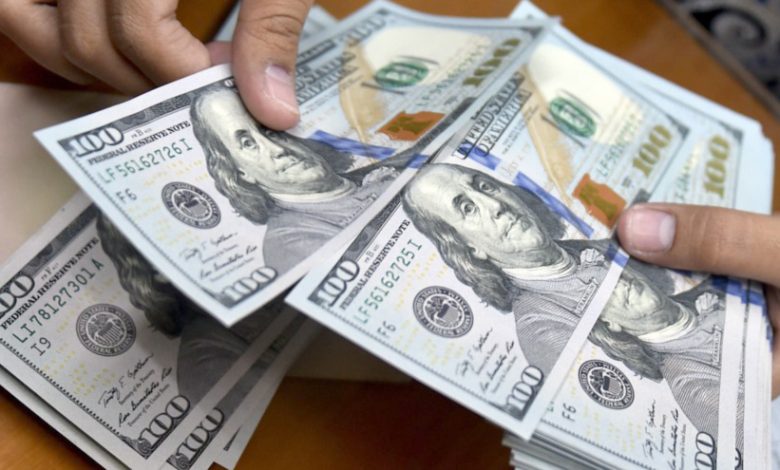Economist: An organized attack to seize the dollar

Sudan Events – Nahid Oshi
Economist Haitham Mohamed Fathi justified the recent rise in the dollar exchange rate against the Sudanese pound in banks and the parallel market due to speculation through a sudden organized attack to seize the dollar from the local market.
He said that the increase does not reflect the true reality of the Sudanese pound, particularly since the exchange rate of foreign currencies is controlled by supply and demand factors. He added that the demand for the dollar declined due to the cessation of commercial activity, tourist and medical trips, and the decline in organized imports by 50% compared to before the outbreak of the war, in addition to a near-complete cessation of exports.
Meanwhile, traders resorted to importing food and other commodities from Egypt and Ethiopia by land after factories in Sudan stopped due to the war.
Stopped exports:
Fathi pointed out that the country did not receive external support with a near-complete cessation of exports and an increase in demand for foreign currency from the parallel market to meet the import of petroleum products after the oil pipeline stopped, in addition to the decline in local production due to the war.
Fathi said that the war had a catastrophic impact on the Sudanese economy and caused a near-total paralysis of the agriculture and livestock sectors, which are considered sources of hard currency after gold.
He revealed the main effects of the current unrest, which are represented by the increase in inflation and the continuous deterioration of the value of the local currency, which led to the rise in the prices of goods and their scarcity.
Monetary Policy:
He stressed that the sudden decline in the exchange rate of the local currency against foreign currencies was due to the government’s lack of effective monetary policy tools to address these fluctuations, and direct intervention in exchange rates in the current circumstances.
He said that in light of the halt in production and the high unemployment rates, the demand for hard currency becomes necessary to finance war expenses, which increases pressure on the Sudanese economy.
Fathi pointed out that the Sudanese economic situation is evident through the gap in the trade balance, where the value of imports amounts to $11 billion compared to $4.5 billion for exports, bringing the trade deficit to $7.5 billion.
Closing the deficit:
Fathi said that in order to cover the deficit in foreign exchange resources, the government worked to buy foreign currency from other sources to meet the import of essential goods and services, so speculators and traders took advantage of the opportunity of crises.
He added that other resources that reduced the impact of the deficit in foreign exchange resources are no longer available due to the war, including loans, foreign aid, deposits from friendly countries, remittances from workers abroad, Sudanese airspace transit fees, and South Sudan oil transit fees.



